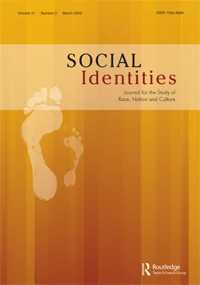Ethnicity is one of the factors that determine eligibility for citizenship in Myanmar. While the government of Myanmar denies the existence of a ‘Rohingya’ people and insists on calling them ‘Bengalis’, Rohingya organisations argue that the Rohingya are in fact an indigenous ethnic group with a long history in northern Rakhine. Exploring the dispute over ‘the Rohingya’ as an ethnic identity through the lens of critical demography, this article examines the colonial and post-colonial Burmese census as records of governmental knowledge production and investigates the Burmese concept of ‘national races’ and its roots in a colonial concept of nationhood in which ethnicity is assumed to represent a measurable, knowable and relevant kind of difference. After decades of post-independence conflict along ‘ethnic’ fault-lines, the Burmese government took the colonial premise of nationhood a step further by making ethnicity a criterion for citizenship, confusing the individual right to citizenship with the territorial rights of nations. This article queries the politics of the Rohingya ethnonym, investigating the parallel histories of census-taking, citizenship legislation and conflict in northern Rakhine.
Kolås, Åshild (2025) Rohingya identity, nationhood and the census, Social Identities: Journal for the Study of Race, Nation and Culture. DOI: https://doi.org/10.1080/13504630.2025.2459075.









